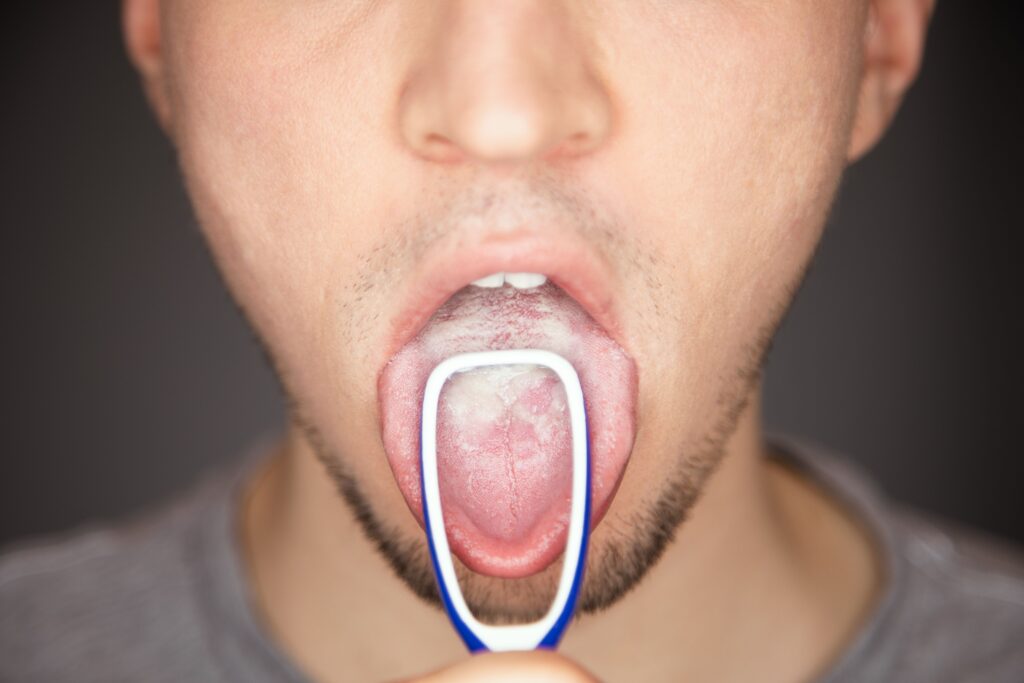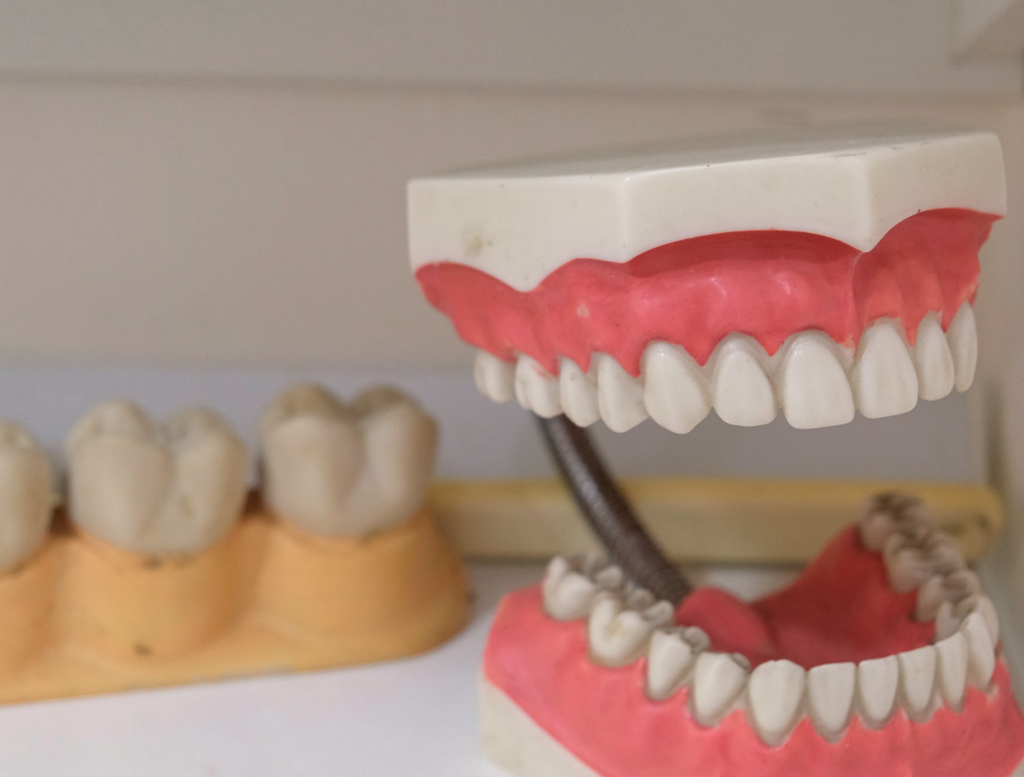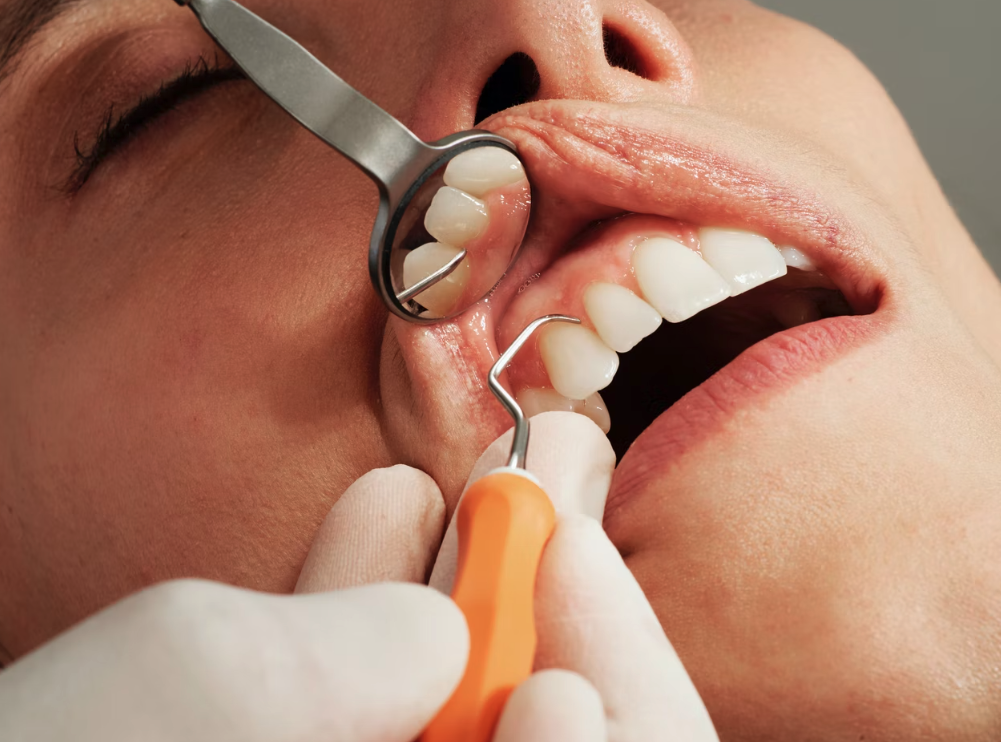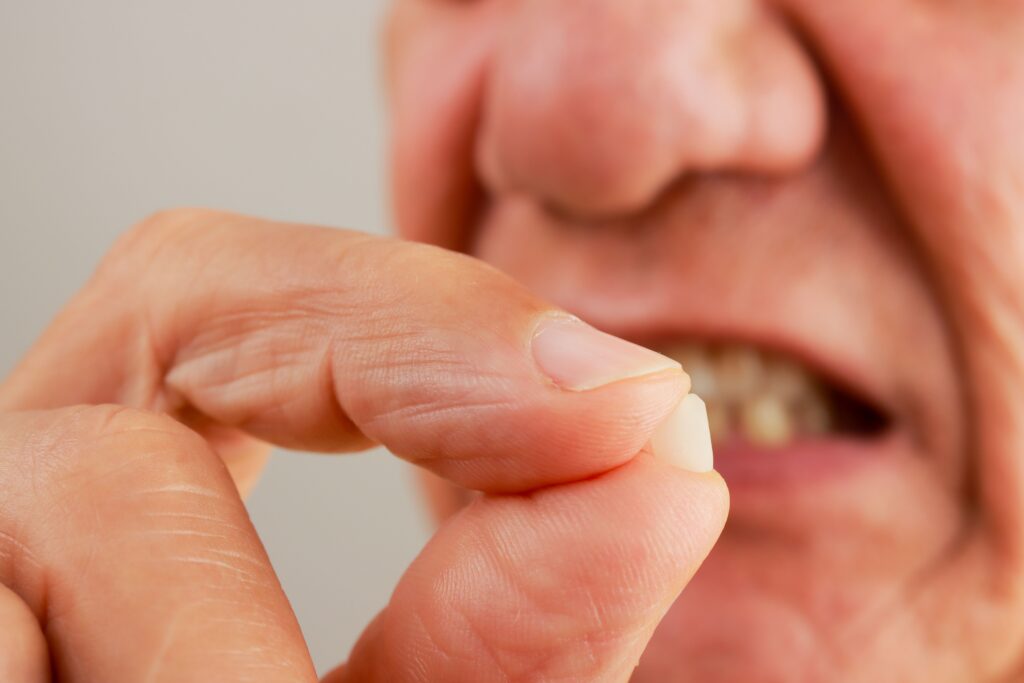As people age, they may notice changes in their appearance, including their smile. One common concern for seniors is the color of their teeth. Teeth can become yellow or dull over time due to various factors like food, drink, and natural aging. The good news is that seniors can still enjoy a bright smile. Teeth whitening is a popular option, but you might be wondering, “Can seniors have their teeth whitened?” Let’s take a closer look at whether whitening is a safe and effective choice for older adults.
What Causes Teeth to Darken as We Age?

Before discussing whether seniors can have their teeth whitened, it’s important to understand why teeth darken over time. Several factors contribute to tooth discoloration:
- Aging: As we get older, the enamel on our teeth naturally wears down. This makes the underlying yellowish layer, called dentin, more visible.
- Food and Drink: Certain foods and drinks, like coffee, tea, red wine, and berries, can stain teeth over time.
- Smoking: Smoking or chewing tobacco can cause significant staining on teeth.
- Medications: Some medications, like antibiotics and antihistamines, can cause staining or discoloration.
- Dental Health Issues: Gum disease or tooth decay can also contribute to a dull smile.
Despite these factors, teeth whitening can help improve the appearance of your smile.
Is Teeth Whitening Safe for Seniors?
Yes, seniors can have their teeth whitened, but safety is always a concern when it comes to dental treatments. In general, teeth whitening is safe for most people, including seniors, as long as certain precautions are taken.
However, older adults should consider a few factors before deciding on teeth whitening:
- Oral Health: If you have cavities, gum disease, or other dental issues, whitening treatments may cause discomfort or make the problem worse. It’s important to visit your dentist for a check-up before starting any whitening procedure.
- Enamel Sensitivity: As we age, tooth enamel becomes thinner. This can make teeth more sensitive, especially to cold or hot temperatures. Whitening products can sometimes increase this sensitivity, so it’s important to choose a treatment designed for sensitive teeth if needed.
- Restorative Dental Work: If you have crowns, fillings, or other dental work, whitening products will not affect these materials. The treatment will only work on your natural teeth. This means your teeth may end up a different shade from the rest of your dental work, which could be noticeable.
To ensure the best results, always talk to your dentist about your options for whitening. They can help determine whether whitening is the right choice for you based on your overall oral health.
Teeth Whitening Options for Seniors
There are several teeth whitening options available for seniors, ranging from professional treatments to at-home products. Let’s explore the different methods you can choose from.
1. Professional Teeth Whitening
This is often the most effective and safest way to whiten teeth. A dentist can perform a professional whitening treatment using stronger whitening agents than those found in over-the-counter products. These treatments can remove deeper stains and provide faster results.
Some of the benefits of professional whitening include:
- Custom Fit: Dentists can create custom trays that fit your teeth perfectly for more even whitening.
- Faster Results: Professional treatments typically provide faster and more noticeable results.
- Expert Supervision: Your dentist will monitor the procedure to ensure your safety and comfort throughout the process.
2. At-Home Whitening Kits
At-home whitening kits are a popular and more affordable option for many seniors. These kits typically contain a lower concentration of whitening agents than what is used in professional treatments. While they may take longer to show results, they can still be effective for removing surface stains.
Some common at-home whitening options include:
- Whitening Strips: These are thin, flexible strips coated with a whitening gel that you apply directly to your teeth.
- Whitening Trays: These are custom or pre-filled trays that you wear over your teeth for a set amount of time.
- Whitening Toothpaste: Specially formulated toothpaste can help remove surface stains and brighten your smile with regular use.
If you’re using an at-home kit, it’s essential to follow the instructions carefully and avoid overuse, which can lead to sensitivity or damage to your teeth.
3. Natural Whitening Remedies
Some seniors prefer natural or homemade remedies for whitening their teeth. While these options may not provide dramatic results, they can be gentler on sensitive teeth. Some natural methods include:
- Baking Soda and Water: Gently brushing your teeth with a mixture of baking soda and water can help remove surface stains.
- Activated Charcoal: Some people use activated charcoal to scrub away stains, though this method should be used sparingly as it can be abrasive.
- Coconut Oil Pulling: Swishing coconut oil in your mouth for several minutes is said to help remove stains and promote oral health.
While these remedies are generally safe, it’s best to consult with your dentist before trying them to ensure they’re right for your teeth.
Tips for Whitening Your Teeth as a Senior

If you’re a senior looking to whiten your teeth, here are some tips to help you get the best results:
- Brush and Floss Regularly: Maintaining good oral hygiene is essential for keeping your teeth clean and preventing staining. Brush at least twice a day and floss daily.
- Avoid Staining Foods and Drinks: After whitening, try to avoid foods and drinks that can stain your teeth, like coffee, tea, and red wine.
- Use a Soft Toothbrush: A soft-bristled toothbrush can help protect your enamel from damage.
- Be Patient: Whitening results take time, so give your teeth time to adjust. Avoid overusing whitening products, as this can cause tooth sensitivity.
- Visit Your Dentist: Regular dental check-ups are crucial for maintaining a healthy smile, especially if you’re considering whitening treatments. Your dentist can help you choose the best whitening method for your needs.
How Long Do Whitening Results Last for Seniors?
The results of teeth whitening vary from person to person, but typically, whitening treatments can last anywhere from a few months to up to a year. To maintain a bright smile, it’s important to continue practicing good oral hygiene and avoid foods and drinks that stain your teeth.
If you notice your teeth starting to yellow again, you can use touch-up whitening treatments or schedule a follow-up with your dentist.
Conclusion
Seniors can absolutely whiten their teeth, but it’s important to consider oral health and enamel sensitivity before starting any treatment. Whitening options range from professional treatments to at-home kits and natural remedies, so there’s a method that can work for everyone.
By consulting with your dentist and following proper whitening guidelines, seniors can enjoy a brighter, more confident smile without compromising oral health. Remember, taking care of your teeth through regular brushing, flossing, and check-ups is the best way to keep your smile healthy for years to come.








